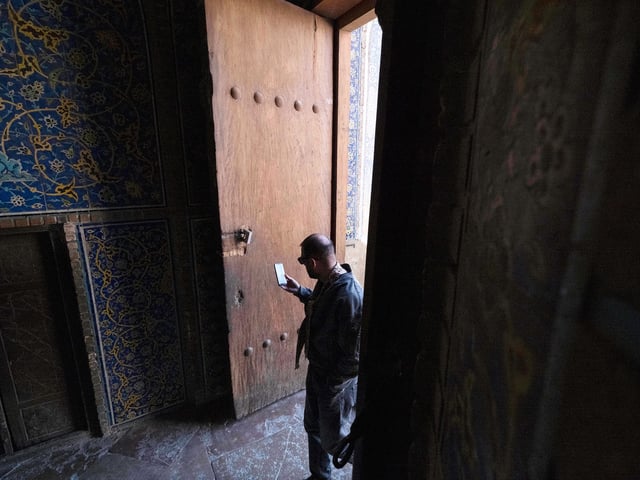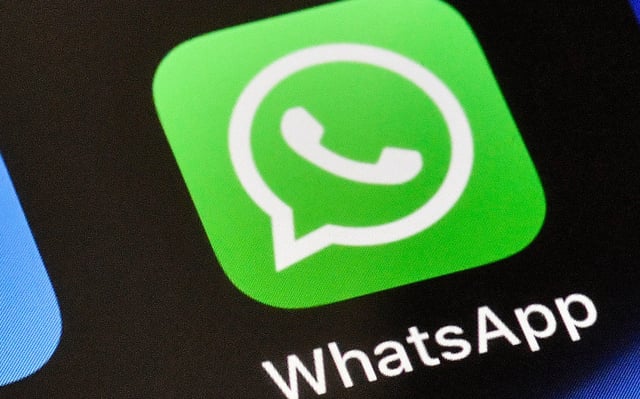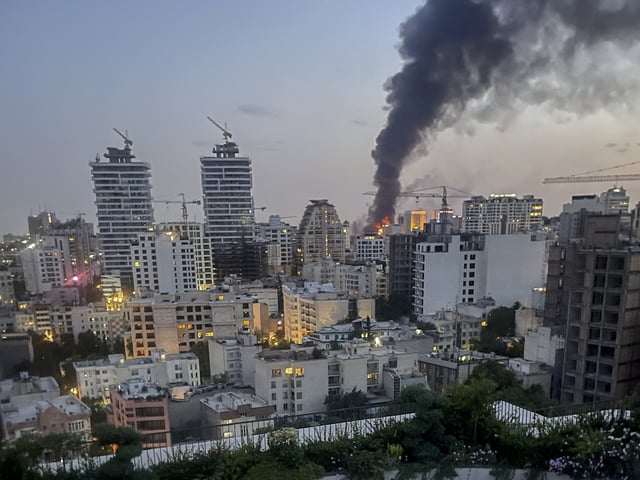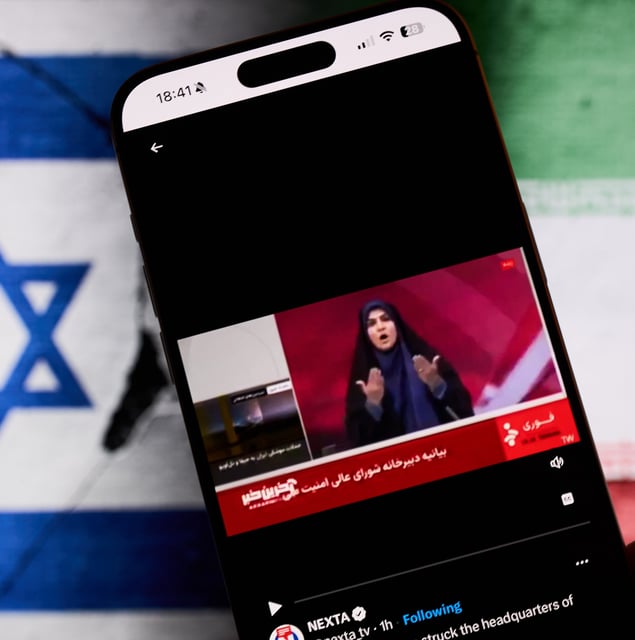Overview
- On June 17, state broadcaster IRIB urged citizens to delete WhatsApp, accusing it of collecting metadata and sharing location information with Israeli intelligence despite offering no proof.
- WhatsApp responded that its end-to-end encryption prevents access to message content, that it does not provide bulk user data to any government, and cautioned that Tehran could use these allegations to justify a service ban.
- Internet monitoring firms reported that Iran throttled or severed up to 80 percent of its bandwidth on June 17, blocking VPNs, foreign websites and popular messaging apps in a bid to curb external cyber threats.
- The crackdown follows a series of missile barrages and airstrikes exchanged between Israel and Iran since June 13 and coincides with President Trump convening the National Security Council to weigh US responses.
- Iran’s history of imposing social media and internet blackouts during protests in 2019 and 2022 highlights the ongoing clash between state security measures and the public’s digital rights.



